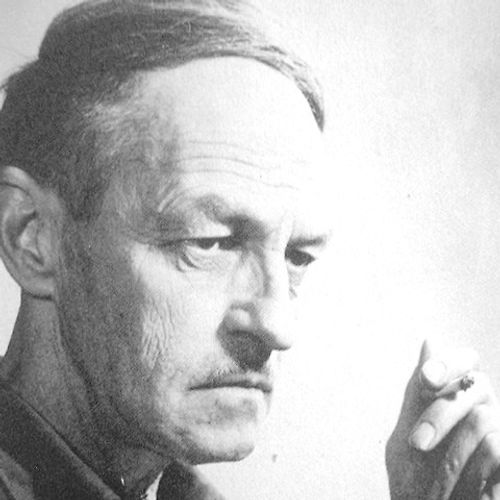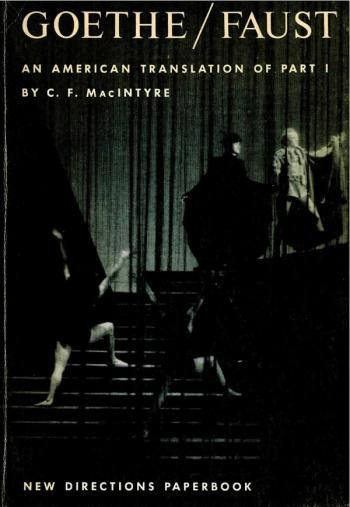There have been many previous translations of Goethe’s Faust, and particularly of Part I, but for one reason or another all have failed to give, at least for the modern reader, a direct impression of the power and universal appeal of this “greatest masterwork of German literature.” C. F. Maclntyre, scholar, translator and poet, worked five years and then, as a Guggenheim Fellow, went to Germany to consult leading Goethe authorities there, in order to make his translation the most faithful possible to the original: but his foremost aim was to provide a text that was readable and cast in the living speech of our country and time. That he succeeded magnificently has been attested by individuals like Aldous Huxley, by critics, students and general readers. Goethe said that all his works were “one long confession,” and certainly into Faust, on which he worked sixty years, he welded his own search for the meaning of existence and of the soul. From the wager between God and Mephistopheles and the pact Faust makes with the latter—that this genial, urbane devil could have his soul if ever Faust became satisfied with any experience or knowledge Mephistopheles could show him—the drama unfolds in scenes that are human and compelling, that hold the reader by their despair and ecstasy, their tender love, passionate desire and wisdom, but also by their gayety, humor, and irony. As Faust proceeds with his devilish guide, it is his striving for understanding that becomes important, not the attainment, and in fact that is what saves him in the end. Part I of Faust, which Goethe published twenty-four years before its sequel, deals with Faust’s journey through the everyday world and his love for Gretchen. It is made memorable in this translation, which Professor Lange (of Princeton) has called “certainly the most usable and most appealing Faust translation in English. It is modern without losing the dignity of the original and is perhaps the only translation that conveys something of the freshness and poetic vitality of Goethe’s own speech.”

